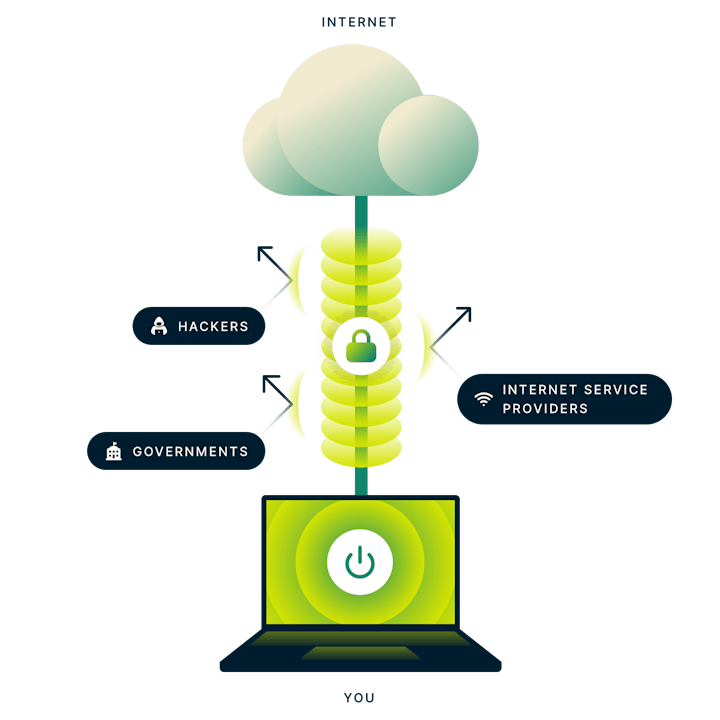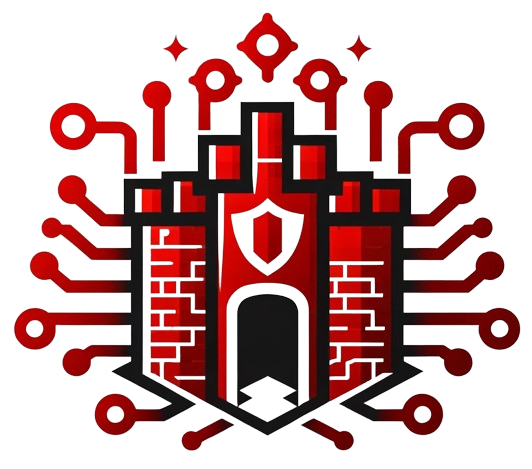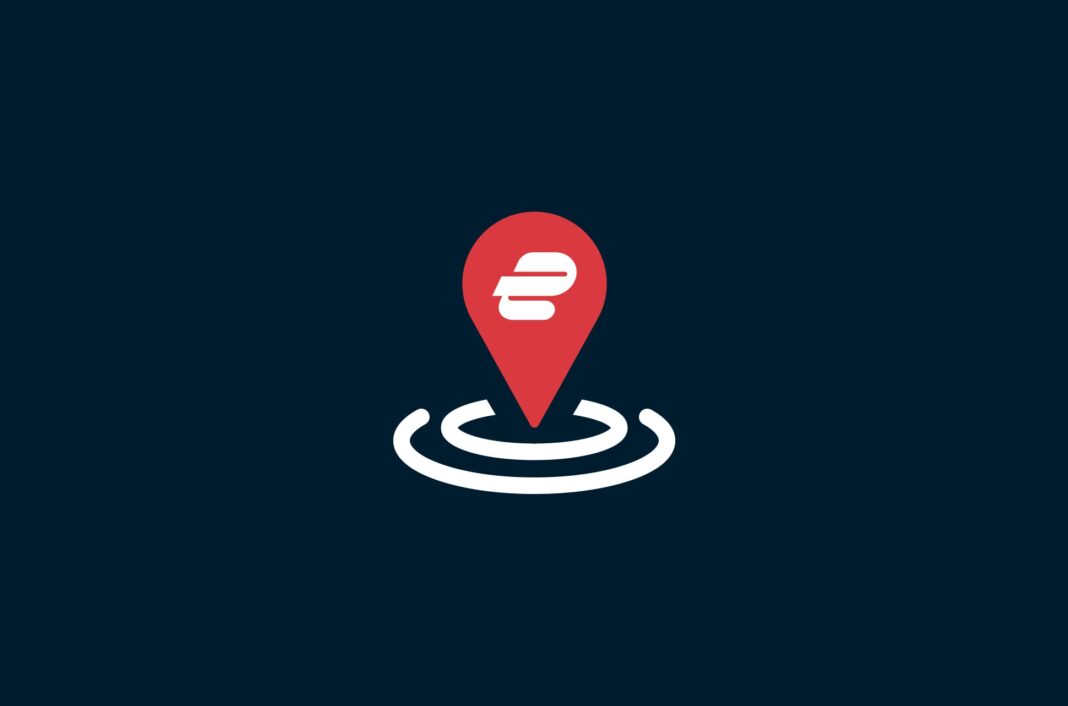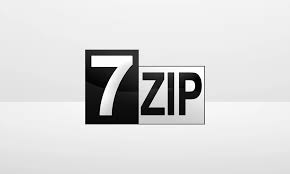ExpressVPN: A High-Speed, Privacy-Focused VPN Solution
1. What Is It?
ExpressVPN is a virtual private network (VPN) service that encrypts your internet traffic and routes it through a secure, remote server. Positioned as a privacy-first product, ExpressVPN is renowned for high-speed connections, an extensive list of server locations worldwide, and a no-logs policy that aims to safeguard user anonymity. This approach resonates with MyDigitalFortress’s emphasis on transparency and data security.
Which Problem Does It Solve? Modern web users face data collection and surveillance by ISPs, governments, or malicious actors. A VPN like ExpressVPN provides end-to-end encryption, hiding browsing activity from prying eyes, bypassing geo-restrictions on streaming services, and offering an added layer of digital safety. For users seeking consistent speeds, large server coverage, and robust security features, ExpressVPN stands out as a recognized industry leader.
2. Technical Foundations
Encryption & Protocols
ExpressVPN employs AES-256 encryption, considered the industry standard for securing data. Its default VPN protocols include OpenVPN (UDP/TCP), L2TP/IPsec, IKEv2, and the company’s proprietary Lightway protocol, designed to improve speed and reliability. This suite allows users to balance security, performance, and device compatibility.

No-Logs Policy & Independent Audits
A hallmark of ExpressVPN’s marketing is its no-logs policy, meaning it claims not to track or store details of user activity (e.g., visited sites, session durations, or IP addresses). To bolster credibility, ExpressVPN has undergone external audits by firms like Cure53 and PwC. While the service is not fully open-source, these audits indicate a strong commitment to user privacy and align with MyDigitalFortress’s ideal of verifiable security.
ExpressVPN is headquartered in the British Virgin Islands (BVI), outside the 5/9/14 Eyes intelligence-sharing alliances. This jurisdiction, combined with the audits, is cited as evidence supporting its privacy stance.
TrustedServer Technology
ExpressVPN uses TrustedServer, a RAM-only server infrastructure where all data is wiped on reboot, reducing the risk of logs being stored. According to official docs , this approach ensures no residual data remains if a physical server is ever seized—addressing a common concern about VPN providers’ data retention practices.
3. Who Is It For?
ExpressVPN caters to privacy-conscious users, travelers, and streaming enthusiasts seeking a fast, reliable VPN service. Typical user profiles:
- Frequent Travelers: Securely access home region sites or streaming platforms from hotel Wi-Fi or public hotspots.
- Remote Workers & Expats: Need a robust VPN for privacy and geo-located content (e.g., news, local banking).
- Security/Privacy Advocates: Value independent audits, strong encryption, and no-logs claims.
- Tech-Savvy Streamers & Gamers: Looking for minimal speed drops and wide server coverage for global content.
Though it’s premium-priced compared to some competitors, ExpressVPN’s consistent performance, third-party audits, and user-friendly apps make it a staple recommendation in many “top VPN” lists. That said, open-source purists may prefer WireGuard-based or community-driven VPNs like Mullvad, reflecting MyDigitalFortress’s philosophy that trust is earned via transparency.
4. Use Cases & Real-World Examples
- Bypassing Censorship: Users in restrictive internet environments can tunnel through ExpressVPN’s offshore servers to access blocked social media or news outlets.
- Securing Public Wi-Fi: Remote workers in cafés or airports rely on AES-256 encryption to prevent snoops from intercepting emails, chat logs, or corporate data.
- Streaming & Geo-Unlocking: Expats wanting US Netflix or BBC iPlayer can connect to relevant server locations, circumventing region blocks.
- Privacy Advocacy: Journalists or activists protect their IP addresses and location data from potential government surveillance or doxxing attempts.
5. Pros & Cons
Pros
- Consistently High Speeds: Known for minimal bandwidth loss compared to many competitors.
- Independently Audited No-Logs Policy: Multiple external audits, RAM-only TrustedServers.
- Wide Device Support: Apps for Windows, macOS, Linux, iOS, Android, routers, and more.
- User-Friendly Interface: One-click connection, straightforward settings, easy server switching.
Cons
- Pricier Subscription Plans: Often more expensive than budget-friendly alternatives like Surfshark or ProtonVPN.
- Not Fully Open-Source: While browser extensions have some open-source components, core apps remain proprietary.
- Controversy Over Ownership: Owned by Kape Technologies (formerly Crossrider), raising privacy concerns for some users.
- Limited Configuration for Power Users: Some advanced networking features or custom routing may need manual setup.
6. Getting Started
Setting up ExpressVPN is relatively straightforward:
- Sign Up & Pick a Plan: Visit the official ExpressVPN site to create an account. Monthly, 6-month, or 12-month plans are available.
- Download & Install: Install the app on your chosen device(s)—desktop, mobile, router, etc. For advanced setups, consult the official support guides .
- Activate the App: Input your ExpressVPN activation code or login credentials. The app auto-configures recommended protocols (Lightway or OpenVPN).
- Choose a Server: Use the “Smart Location” for optimal speed, or pick from over 90+ countries if you have a specific geo-target in mind.
- Confirm Your Connection: Look for the “Connected” status. (Optional) Run a leak test to ensure your IP/DNS data are masked.
7. Conclusion & Next Steps
ExpressVPN remains a top-tier VPN solution for those prioritizing speed, reliability, and privacy audits. Its BVI jurisdiction, TrustedServer infrastructure, and external no-logs verifications lend credibility to its privacy claims—essential qualities for MyDigitalFortress users seeking data control.
Next steps? If performance under geo-restrictions or consistent encryption across multiple devices is paramount, ExpressVPN is a worthy investment. However, keep your eyes open for ongoing VPN comparisons and alternative open-source or budget-friendly providers. With MyDigitalFortress philosophy in mind, remember that “no logs” always depends on trust and audits—never assume a 100% guarantee. As with any security tool, transparency and verifiable integrity remain key.





